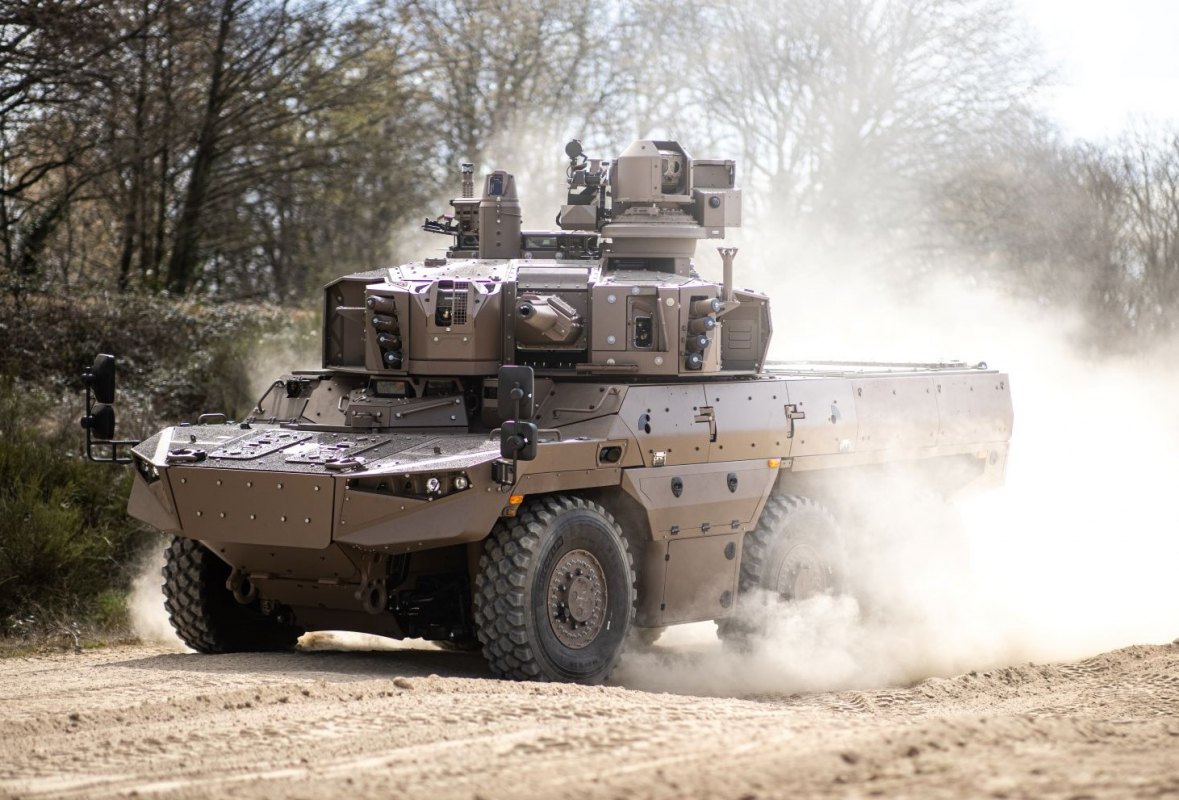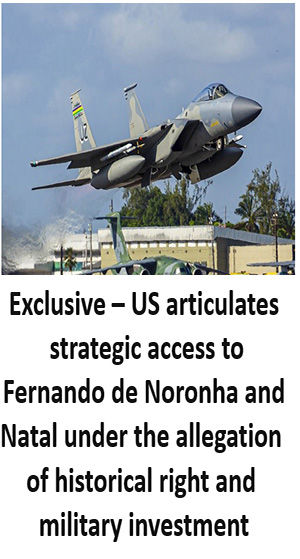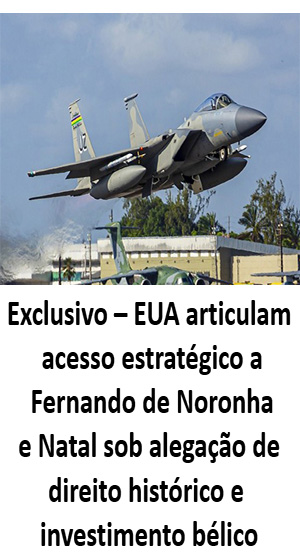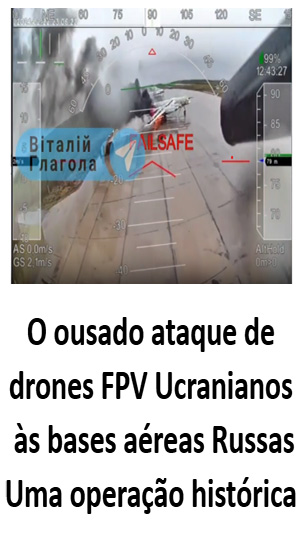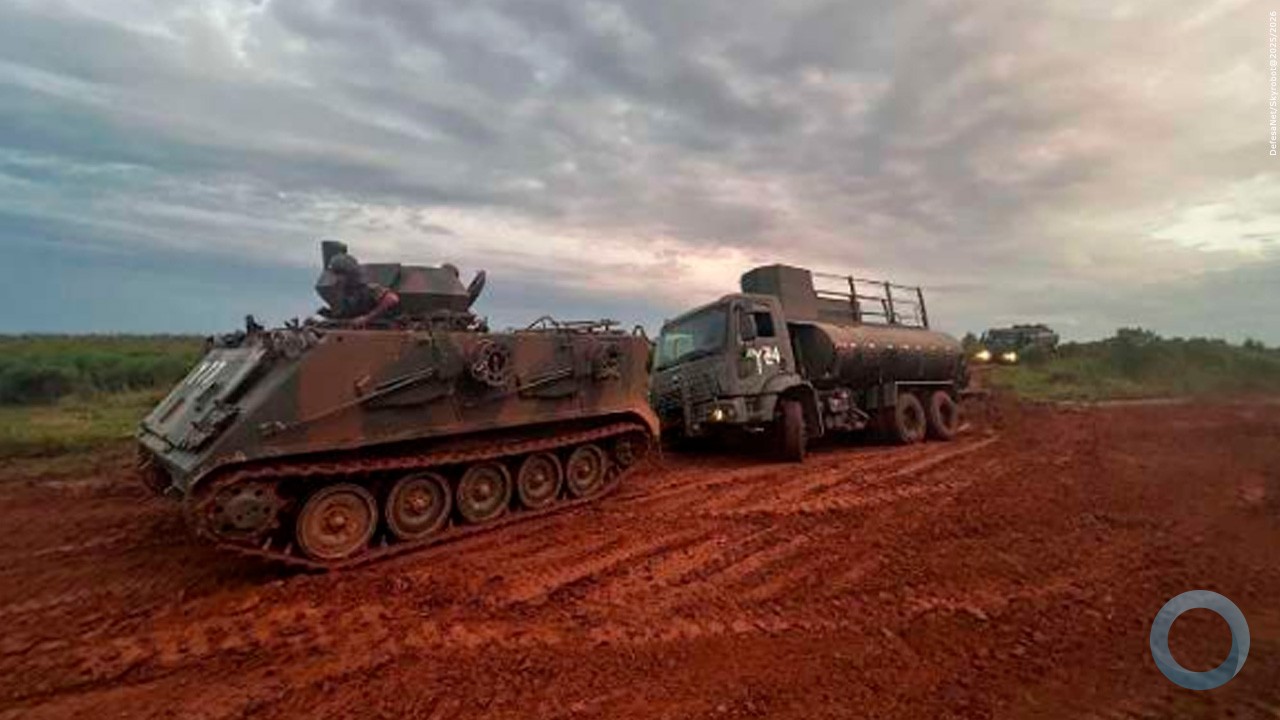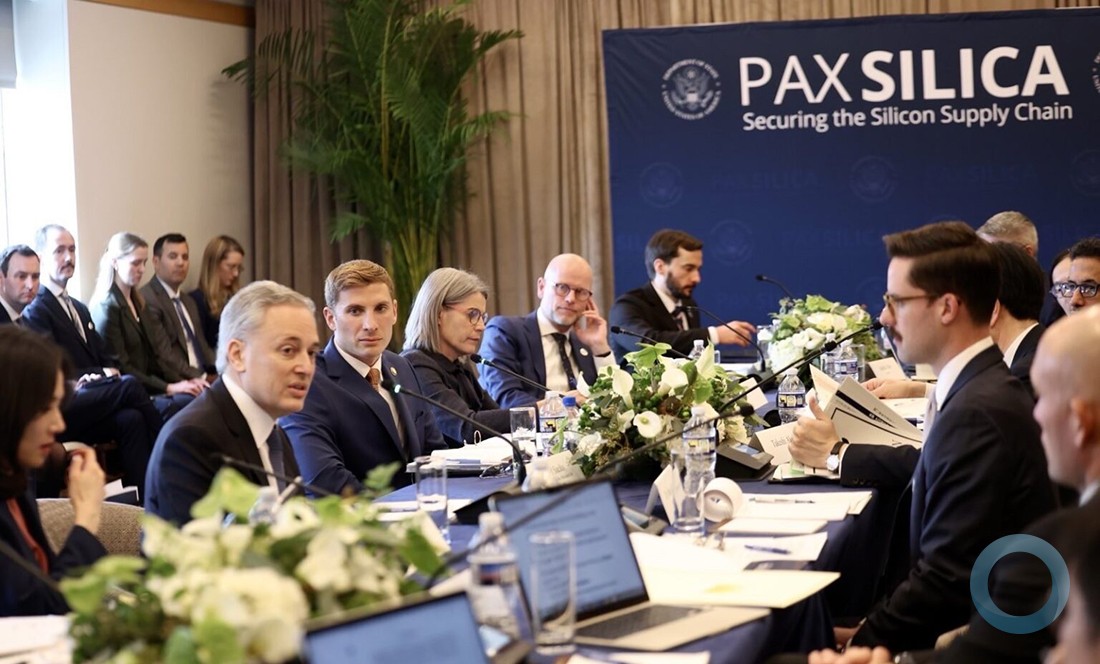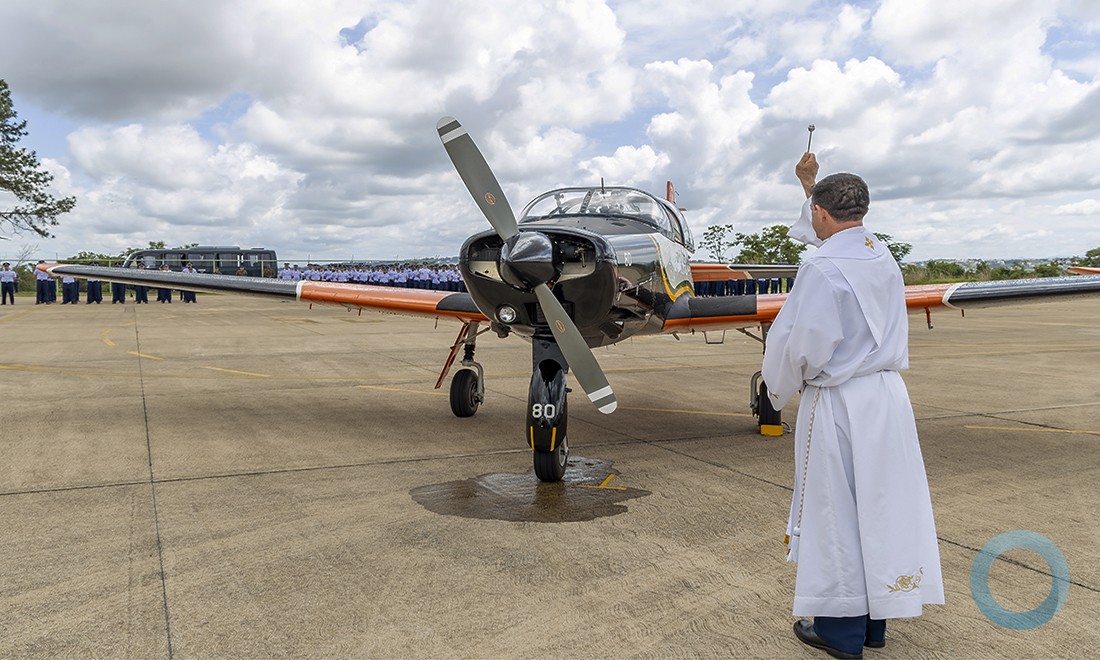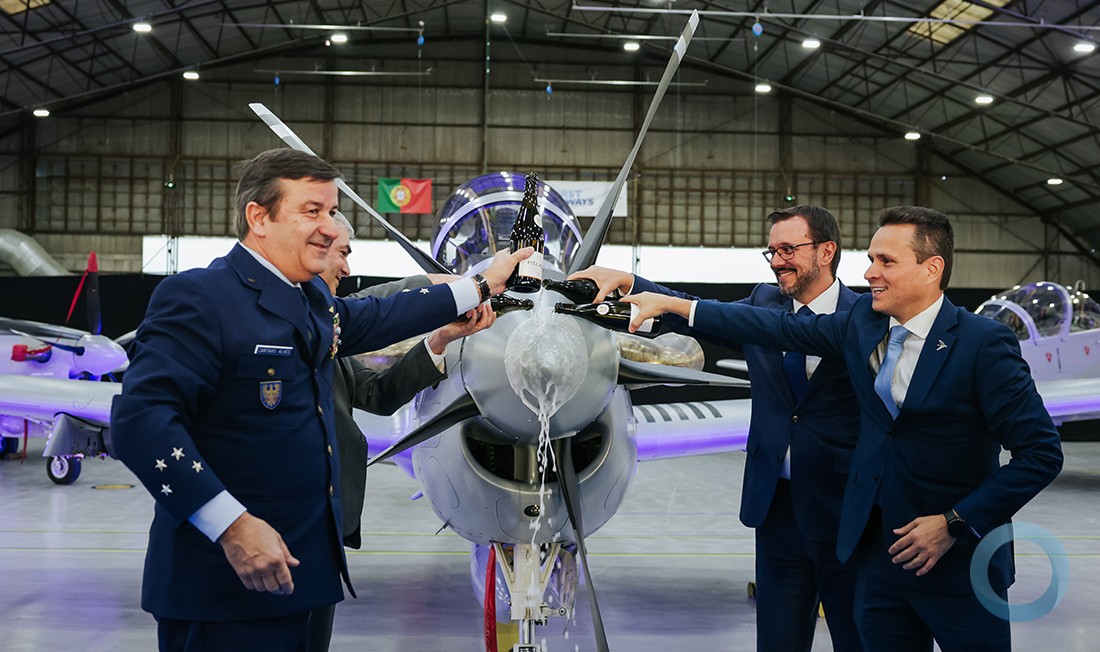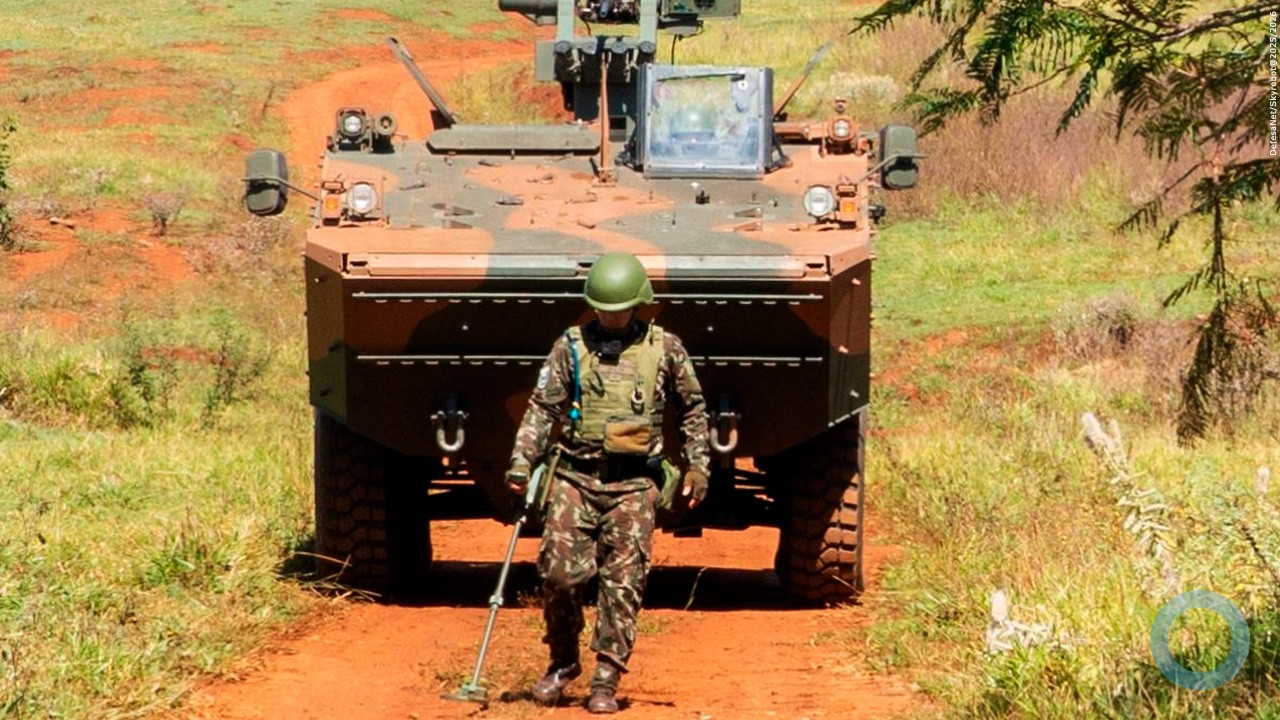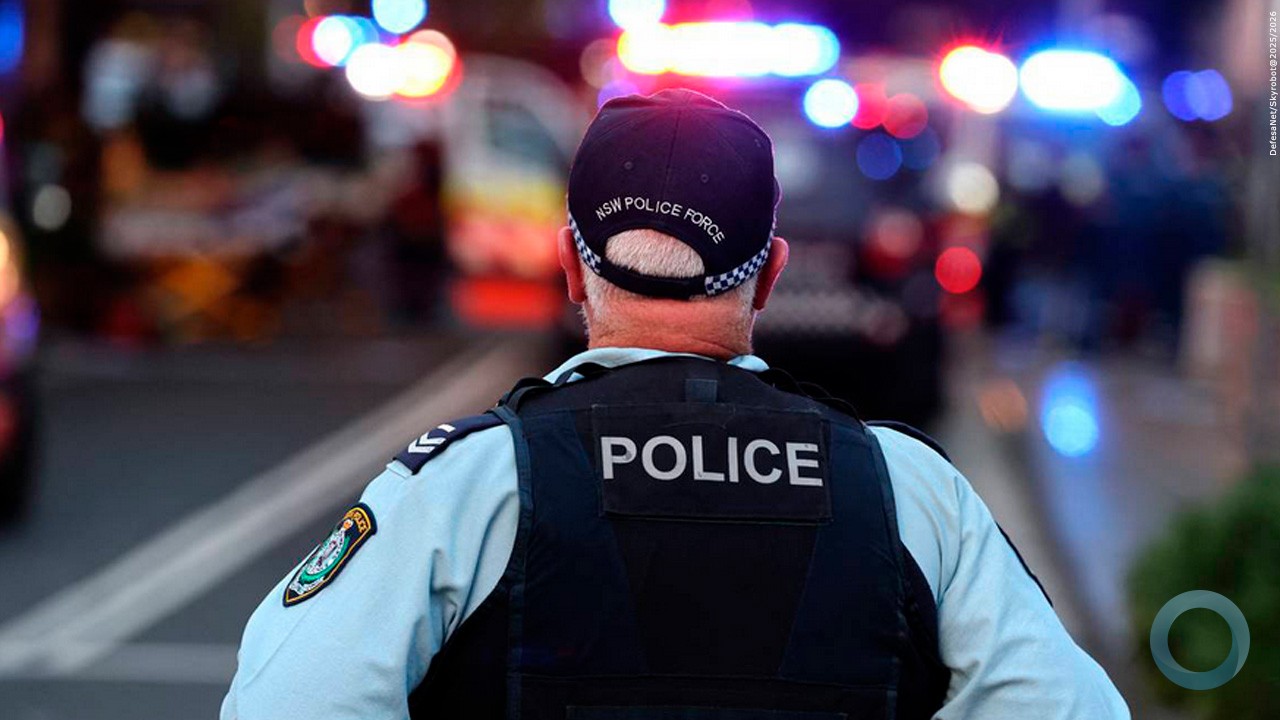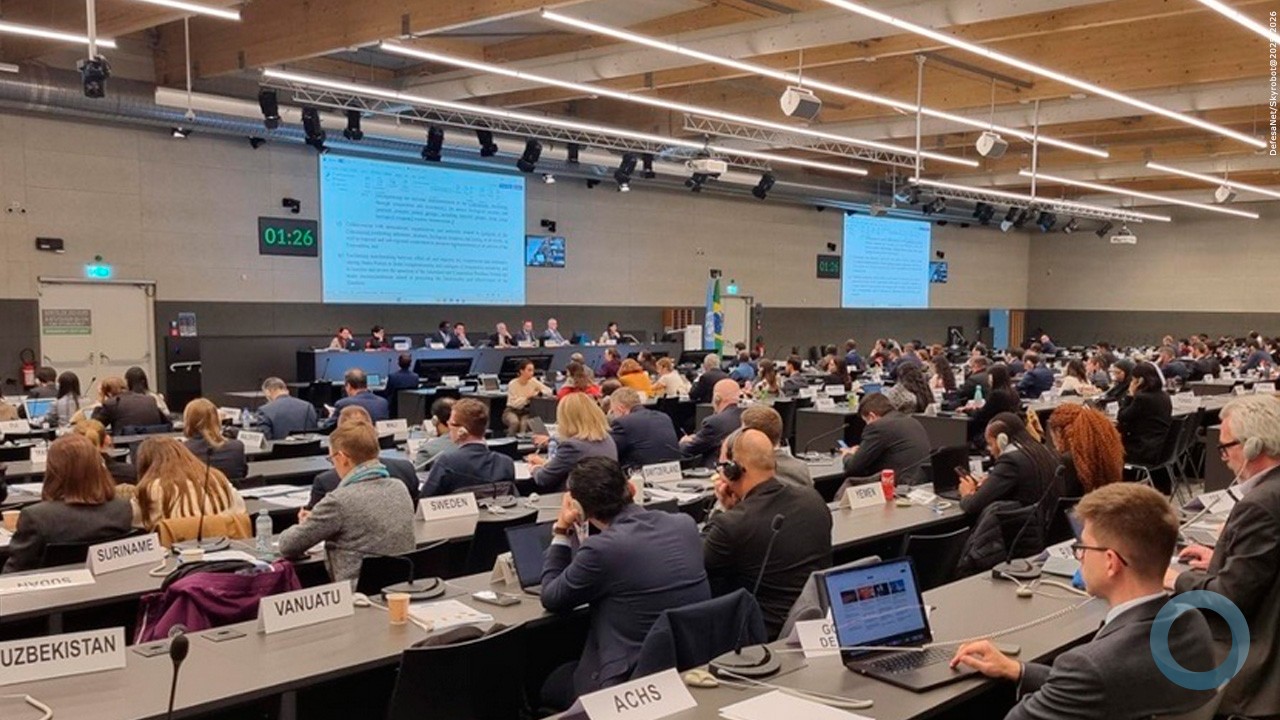Patrícia Comunello e Wilson Aquino
The Brazilian Army is drawing on its experience providing security for five major international events the country has hosted since 2011 to prepare for the 2016 Rio Olympics and Paralympic Games. Those games come on the heels of large, high-profile events including the World Military Games in 2011; the Rio+20 – United Nations Conference on Sustainable Development in 2012; the Confederation Cup and World Youth Day in 2013; and the FIFA World Cup in 2014.
“The Army has been preparing for some time now (for the Olympic Games), gathering the lessons learned and best practices from the recent events that were held in Brazil,” the Army Social Communications Center (CCOMSEx) said.
Armed Forces cooperate to provide security
Security forces including the country's Army, Navy, Air Force and law enforcement authorities are collaborating to make sure the Olympic Games are safe and secure; in total, about 25,000 Troops will provide security at Olympic venues and surrounding areas. These service members provide safety patrols, check for explosives, protect strategic structures such as transmission lines, nuclear power plants, energy substations and water supplies, and guard against cyber-attacks. They'll also serve as a contingency force in support of civilian law enforcement authorities and provide security for government officials. These efforts will be particularly concentrated in Rio de Janeiro (headquarters for the Olympic Games) and in the cities of Brasília, Belo Horizonte, Salvador, Manaus and São Paulo, where soccer games will take place.
“Currently, Ground Forces is in the planning phase, drafting operation and tactical plans,” CCOMSEx reports.
To that end, the Army First Division Command (1ª DE) concluded on April 6-10 Phase 1 of its tactical planning for the Deodoro Sector Defense Command (CDS/Deodoro) for security at the Games. The session, which took place at the facilities of the Combat Simulation Exercise Application Center (CAESC), involved the presence of service members from the 9th Motorized Infantry School – Unit Group, the Army Information Center, the Special Operations Command, the Eastern Military Command Operational Center, and the Ministry of Defense.
Protecting public works
During the games, part of the Army's mission will be to closely guard public works facilities. The Eastern Military Command (CML), for example, is responsible for providing security on the grounds of the Games headquarters; soldiers are monitoring the progress of construction at the Military Village and Sports Complex, which will serve as the venue for 11 Olympic events and four Paralympic competitions.
“In the particular case of Rio de Janeiro, the Games give us the opportunity to bring various projects off the drawing table and begin to execute them,” said CML Commanding Officer General Fernando Azevedo e Silva.
Among those projects: cleaning rivers where competitions will be held and building a gymnasium, the Arena Poliesportiva Coronel Wenceslau Malta, where 5,000 high-performance and Military athletes will train.
Gen. Fernando is well-prepared to command the CML during the international sporting event. Before assuming the command of the CML on March 30 for two years, he led the Government Olympic Authority (APO), a state-federal consortium created to coordinate the federal government, the state of Rio de Janeiro, and the municipality of Rio de Janeiro as they prepare to host the 2016 Olympic and Paralympic Games.
“The Army Command and the Ministry of Defense saw that my experience in leading the APO would contribute to the work performed by the Eastern Military Command,” he told Diálogo.
One of APO’s primary activities was to circulate a Responsibility Matrix, a document detailing how each level of government – municipal, state and federal – was involved in organizing and conducting the event, setting out the projects and responsibilities for executing them and allocating resources, “as well as developing a monitoring system and tracking works and services.”
Gen. Fernando also commanded the Infantry Paratrooper Brigade and the Army Physical Training Center, even becoming President of the Army Sporting Commission. He was then appointed Director of the Military Sports Department, Ministry of Defense, before being named President of the APO in 2013 by President Dilma Rousseff.
“Being back in a Military environment is fairly comfortable; at the end, I have rendered more than 40 years of service to the Brazilian Army. I lived alongside professionals from civilian and political backgrounds, forging new frontiers that today contribute to my mission to lead the Eastern Military Command.”
The foreign delegations that will travel to Brazil to participate in the 2016 Olympics in Rio will encounter a country that is well-prepared to host the Games, with well-built sporting and non-sport structures, he said.






